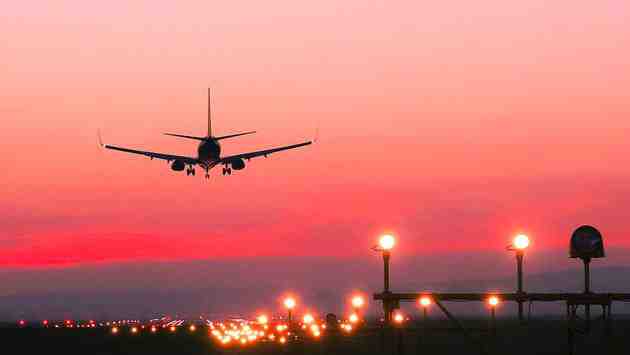The global travel and tourism sector suffered a massive loss of nearly $4.5 trillion amid the coronavirus pandemic last year, according to the World Travel & Tourism Council 's (WTTC) annual Economic Impact Report.

The industry's contribution to GDP plunged 49.1 percent, dropping to $4.7 trillion in 2020 from nearly $9.2 trillion in 2019. What's more, the report shows that international travel spending fell 69.4 percent in 2020 while domestic travel spending declined 45 percent.
"We must praise the prompt action of governments around the world for saving so many jobs and livelihoods at risk, thanks to various retention schemes, without which today’s figures would be far worse. However, WTTC’s annual Economic Impact Report shows the full extent of the pain our sector has had to endure over the past 12 months, which has needlessly devastated so many lives and businesses, large and small," Gloria Guevara, WTTC President and CEO, said in a statement. "Clearly no one wants to go through what so many have had to suffer during the past difficult 12 months. WTTC research shows the global Travel & Tourism sector alone has been devastated, burdened by an unprecedented loss of almost $4.5 trillion."
"With the sector’s contribution to GDP plunging by almost half, it’s more important than ever that Travel & Tourism is given the support needed so it can help power the economic recovery, which will be instrumental in enabling the world to revive from the effects of the pandemic," she added.
There does appear to be some light at the end of the tunnel, however, as the WTTC predicts that the 62 million travel and tourism jobs lost in 2020 could return by 2022 if the global vaccine rollout continues at pace and restrictions are relaxed ahead of this year's busy summer travel season. Research reveals that travel and tourism's contribution to global GDP in 2021 could rise 48.5 percent year-on-year.
WTTC continues to urge governments around the world to follow its four principles to recovery, including establishing a comprehensive coordinated international testing system to eliminate quarantines for non-vaccinated travelers, implementing enhanced health and hygiene protocols and mandatory mask-wearing, shifting to individual traveler risk assessments rather than country risk assessments and providing continued support for the sector in the form of fiscal, liquidity and worker protection.






Leave a Comment